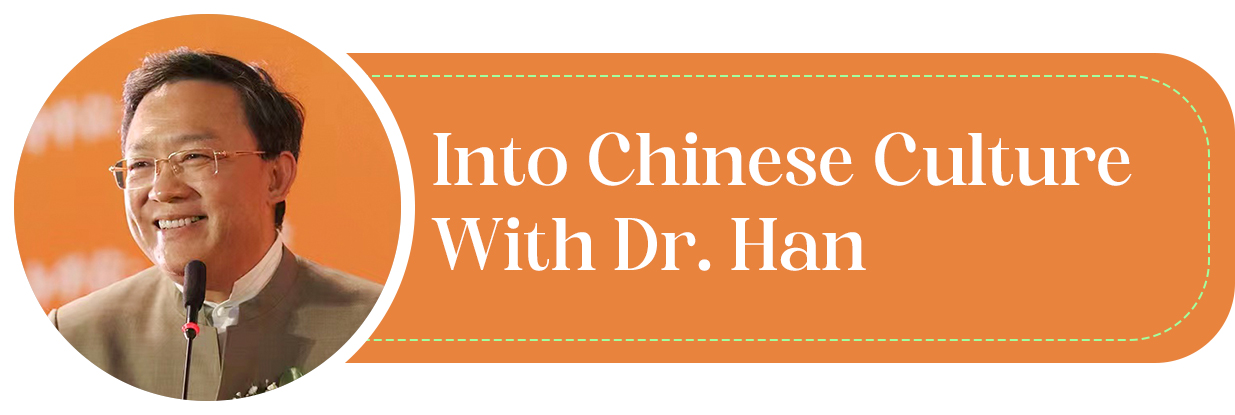The values of goodness and beauty in Chinese civilization (2)
Writer: Han Wangxi | Editor: Liu Minxia | From: Shenzhen Daily

2. Supreme principles and pure minds
Mencius said: “A person who fully extends his kindness understands his own nature. A person who understands his own nature can perceive his proper destiny.” Only when a person gains self-awareness can he perceive that achieving humaneness is determined by the person himself.
Chinese philosopher Feng Youlan (1895-1990) believed that learning Chinese philosophy brings a person to a higher spiritual state. Another philosopher further explained the spirit of Chinese philosophy by giving a description of Neo-Confucianism in the Song Dynasty (960-1279). He said, “The teachings of Xinxue come from daily life that had persisted long before the ancient masters found the patterns.” Chinese philosophy is trying to search for the long existence patterns, riding on the power of both idealism and realism.
Confucianism is in pursuit of the origin of life with its journey starting from mind discernment. The Neo-Confucianism in the Song and Ming (1368-1644) dynasties advocated people to possess the sage’s supreme virtues. The doctrine is developed from the masters’ teachings, including Confucius’ thoughts on benevolence and Mencius’ concepts of consciousness.
Confucian ethics teaches people to possess moral discipline and perceive the connection between human nature and morality. Learning to possess the supreme virtues may achieve that perception. The top principle of ethics, developing from “Mengzi,” “Zhongyong” (“The Doctrine of the Mean”), to the Neo-Confucianism, inclines one to grasp supreme virtues.
In Confucian ethnics, morality is infused into one’s sense and sensibility if that person gains consciousness and has discernment of his or her inner strength. Confucianism sticks to the importance of people’s nature, original aspiration and innate capabilities. Humans are born to be good and kind. Their minds are broad and impartial.
Morality is the highest demand and biggest value that human beings pursue. Human’s minds are divine and can feel compassion, have discernment, control oneself and have empathy for others.
Fanchi, a disciple of Confucius, asked his teacher what humaneness is. Confucius replied, “Loving others.” One way to become a benevolent person is being humane and expressing tolerance. According to Zengzi, another Confucius’ disciple, the master’s teaching consists of doing one’s best to become benevolent and treating others with tolerance.
Confucius, when asked to define humanity, said, “If you want to make a stand, help others make a stand; if you want to reach your goals, help others reach your goals.” Confucius’ explanation of tolerance is “always treating others as the way you want to be treated.”
The teaching on benevolence and tolerance passed on to Mencius who argued that all humans have compassion. His preaching told people to “respect other people’s elderly family members as if they were your own, and care for other people’s children as if they were your own.”
Mencius inherited part of Confucius’ preaching on supreme virtues. He insisted on human’s innate goodness and believed that people will naturally show sympathy to others. “If a person watches a child about to fall into a well, he will naturally feel shock and sympathy,” Mencius said. “Honesty is meant by the way of heaven, and trying to be honest is a basic principle for humans.”
Heaven endows humans with good human nature. If human minds gain consciousness and won’t be sheltered, the mind can be unified with heaven.
(The author is a cultural scholar.)
(Translated by Chen Siqi)